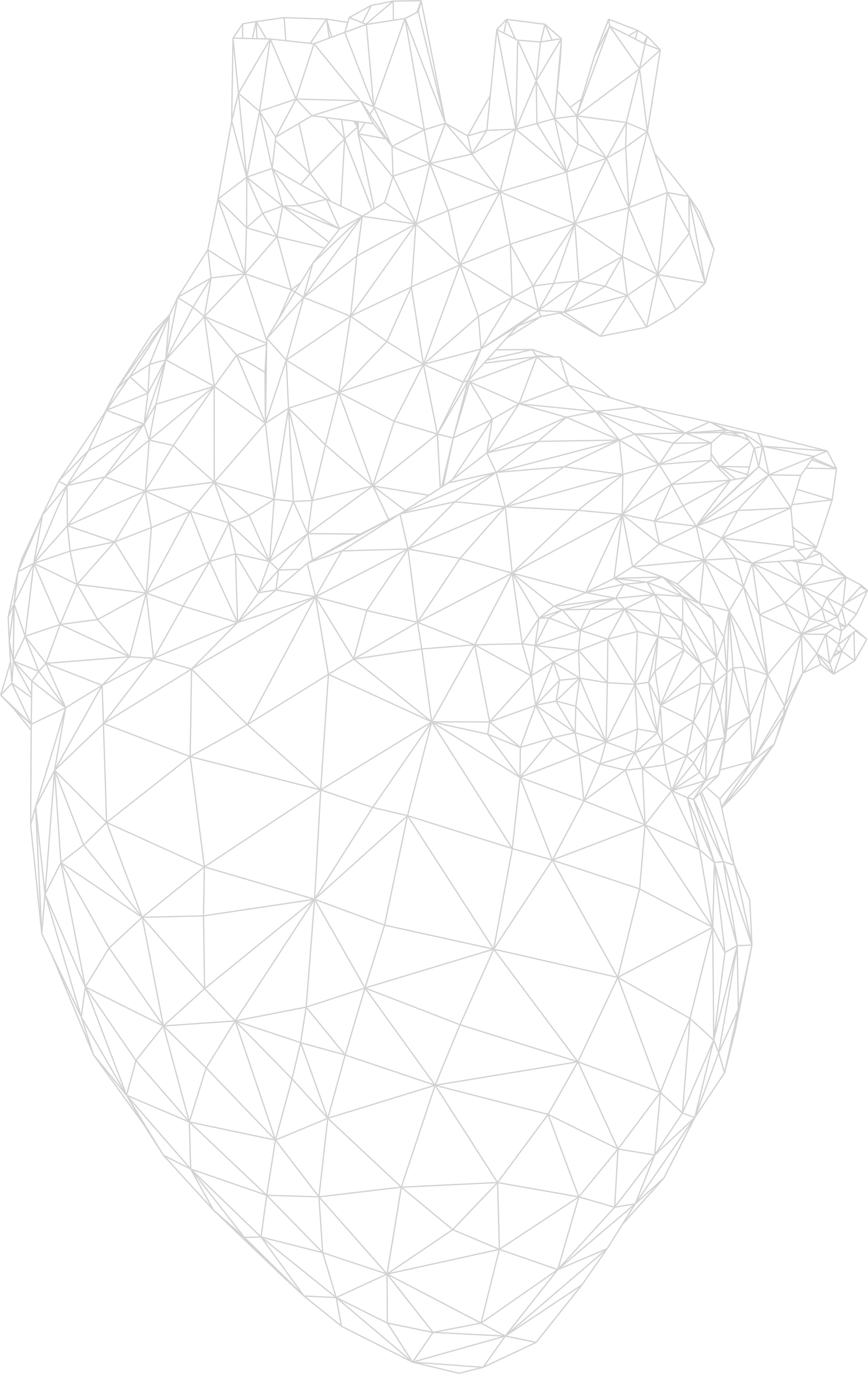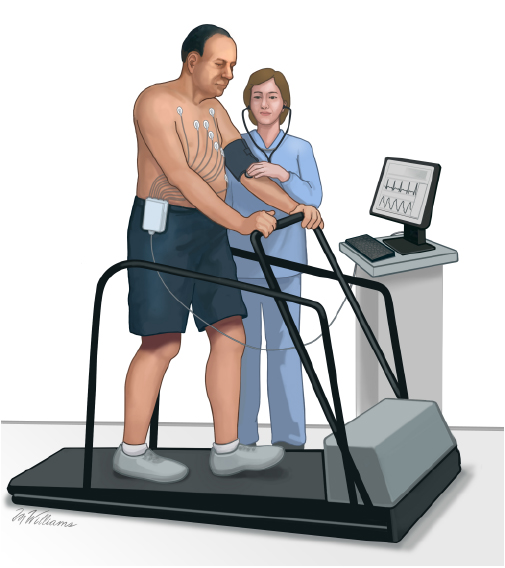What is a Cardiac Stress Test?
An echocardiogram provides your team with pictures of the heart at rest and at stress. We can assess the walls of the heart and the valves. This test is a great way to determine causes and symptoms.
During the procedure your heart rhythm, breathing and blood pressure will be monitored by our trained team. Your provider may suggest a stress test with imaging, called an echocardiogram.
A health care provider may recommend a stress test to:
Types of Cardiac Stress Tests
Treadmill Exercise Stress Test
An exercise stress test helps your provider determine how well your heart responds during times of physical activity. Exercise makes the heart pump harder and faster. This test can help your provider determine if there are conditions that limit the blood flow in your heart.
At KVH this involves walking on a treadmill or if you are unable to exercise on a treadmill, we can use a medication that recreates the effects of exercise; while you lay on a gurney.
Ultrasound Echocardiogram Stress Test
The cardiac stress echocardiogram is performed by a sonographer, a technician specializing in using ultrasound techniques. The sonographer applies warm gel to the chest area. This gel helps the transducer, a wand-like instrument, glide smoothly over the body and send high-frequency sound waves to the heart. The transducer picks up the echoes of the sound waves and transmits them as electrical impulses. The echocardiography machine converts the impulses to moving images of the heart. These images are studied before exercise, the echocardiogram process is repeated after exercise, and the results of each are compared.
Pharmacologic Stress Test with Echocardiogram
A Pharmacologic Stress Test with echocardiograms is performed when a patient cannot perform exercise testing. Medications simulate your heart’s response to exercise instead of exercise itself.
Stress Testing is in High Demand
At KVH we are proud to be able to provide this highly sought after testing. KVH has expert staff and state-of-the-art equipment to provide this testing locally. The openings for this test are often booked months out. You will be contacted by our schedulers in the Cardiopulmonary Lab to determine date and time of your study.

How to Prepare
You will receive a letter outlining pretesting instructions after your study has been scheduled. Expect a scheduling call from KVH in the next few days.
What to Expect
During a Stress Test
The team will monitor your heart and blood pressure during the test. This is with an ECG and a blood pressure cuff. You may also have pictures of your heart with an echocardiogram.
On the treadmill the pace is easy at first. As the test continues, the exercise gets harder. You can use the railing on the treadmill for balance.
Exercise continues until your heart rate reaches a target level. You might need to stop sooner if you develop symptoms such as: chest pain, severe shortness of breath, unusually high or low blood pressure, an irregular heart rhythm, dizziness or fatigue.
The medication stress test also increases blood flow to the heart, just like exercise. You might feel flushed or short of breath, just as you would if you were exercising. You might get a headache.
During a stress test, you either exercise (such as on a treadmill, shown here) or take medicine to make your heart pump faster. A test called an ECG (also called an electrocardiogram or EKG) is done during the stress test. For an ECG, patches (called “electrodes”) are stuck to your chest. Wires run from the patches to the ECG machine to measure the electrical activity in your heart. Your blood pressure is also checked during a stress test.
After a Stress Test
After exercising, you will be asked to lay still for several minutes while we monitor your blood pressure and heart rate as they return to baseline.
When the test is done, you may return to your usual activities unless your provider tells you otherwise.
Results
The study data will be reviewed by our cardiologist and results will be sent to the referring provider. This usually takes about 1-3 days.
